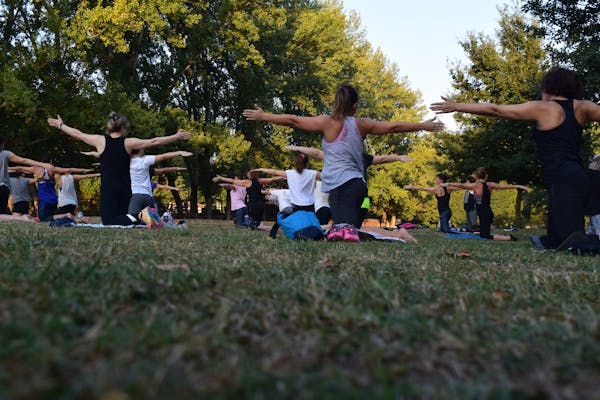Exercise for Mental Health
Exercise is often touted for its physical benefits, such as weight loss, increased muscle strength, and improved cardiovascular health. However, there is growing evidence that exercise can also have a positive impact on mental health. In this article, we'll explore the connection between exercise and mental health, and how incorporating physical activity into your routine can improve your mood, reduce stress and anxiety, and promote overall well-being.
How Exercise Affects Mental Health
Improved Mood:
Exercise has been shown to release endorphins, which are chemicals in the brain that help to improve mood and reduce feelings of stress and anxiety. Regular exercise can also lead to increased self-esteem and a sense of accomplishment, which can further boost mood and well-being.
Reduced Stress and Anxiety:
Physical activity can help to reduce the levels of stress hormones, such as cortisol, in the body. This can lead to a decrease in feelings of anxiety and tension, and an overall sense of calm and relaxation.
Improved Cognitive Function:
Exercise has been shown to improve cognitive function, including memory, attention, and decision-making. This can help to improve overall mental performance and reduce the risk of cognitive decline.
Improved Sleep:
Exercise can also help to improve the quality and duration of sleep. Regular physical activity has been shown to help regulate sleep patterns and improve the ability to fall asleep and stay asleep.
Reduced Risk of Depression:
Studies have shown that exercise can help to reduce the risk of depression and improve symptoms in those who already suffer from the condition. This may be due to the release of endorphins and other feel-good chemicals in the brain, as well as the sense of accomplishment and improved self-esteem that comes with regular physical activity.
How to Incorporate Exercise into Your Routine for Mental Health
Incorporating exercise into your routine doesn't have to be a daunting task. Here are some simple ways to get started:
Start Small:
If you're new to exercise, start small and gradually increase the intensity and duration of your workouts. This can help to prevent injury and build confidence.
Find an Activity You Enjoy:
Exercise doesn't have to be boring or tedious. Find an activity that you enjoy, such as hiking, dancing, or playing sports, and incorporate it into your routine.
Set Realistic Goals:
Set realistic goals for yourself and celebrate your accomplishments along the way. This can help to boost self-esteem and motivation.
Make it a Habit:
In order to reap the mental health benefits of exercise, it's important to make it a regular habit. Schedule workouts into your calendar and make them a priority.
Don't be Too Hard on Yourself:
Remember that exercise is not a cure-all for mental health issues. It's important to seek professional help if you are struggling with depression, anxiety, or other mental health conditions.
In conclusion, exercise can have a powerful impact on mental health. By incorporating physical activity into your routine, you can improve mood, reduce stress and anxiety, and promote overall well-being. So next time you're feeling down or stressed, consider lacing up your sneakers and getting active. Your mind will thank you for it.





Comments
Post a Comment